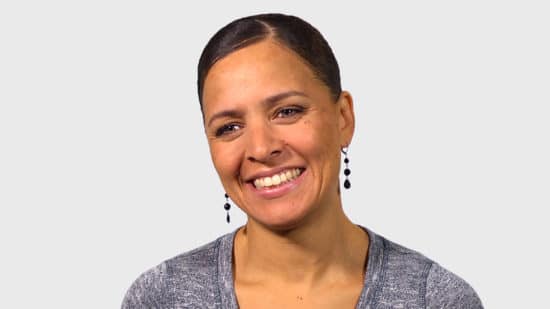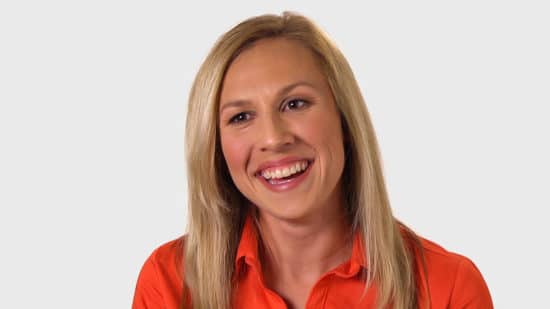Athlete
What you need to know
Athletes and sports competitors participate in organized, officiated sporting events to entertain spectators.
Athletes and sports competitors often work irregular hours, including evenings, weekends, and holidays. They usually work more than 40 hours a week for several months during their particular sports season. They frequently work outside, so they may be exposed to all weather conditions.
Some of the things athletes and sports competitors might do:
- Practice to develop and improve their skills
- Maintain their sports equipment in good condition
- Train, exercise, and follow special diets to stay in the best physical condition
- Take instructions regarding strategy and tactics from coaches and other sports staff during games
- Follow the rules of the sport during competitions and games
- Assess their individual and team performance after each event and identify their strengths and weaknesses
Watch this video to learn about what our athlete role models do in their careers:
- Athleticism. Nearly all athletes and sports competitors must possess superior athletic ability to be able to compete successfully against opponents.
- Concentration. Athletes and sports competitors must be extremely focused when competing and must block out distractions from fans and opponents. The difference between winning and losing can sometimes be a result of a momentary lapse in concentration.
- Decisionmaking skills. Athletes and sports competitors often must make split-second decisions. Quarterbacks, for example, usually have only seconds to decide whether to pass the football or not.
- Dedication. Athletes and sports competitors must practice regularly to develop their skills and improve or maintain their physical conditioning. It often takes years to become successful, so athletes must be dedicated to their sport.
- Hand–eye coordination. In many sports, including tennis and baseball, the need to gauge and strike a fast-moving ball is highly dependent on the athlete’s hand–eye coordination.
- Stamina. Endurance can benefit athletes and sports competitors, particularly those who participate in long-lasting sports competitions, such as marathons.
- Teamwork. Because many athletes compete in a team sport, such as hockey or soccer, the ability to work with teammates as a cohesive unit is important for success.
Watch this video to learn more from our athlete role models:
The average pay for athletes and sports competitors in the United States was $62,360 in May 2024 according to the U.S. Bureau of Labor Statistics.
The specific pay depends on factors such as level of experience, education and training, geographic location, and specific industry.
About 3,400 new job openings for athletes and sports competitors are projected each year, on average, over the next 10 years in the United States.
Overall employment of athletes and sports competitors is projected to grow 11 percent from 2023 to 2033 according to the U.S. Bureau of Labor Statistics. This is much faster than the average growth rate for all occupations.
Employment growth will stem from population growth and increasing public interest in professional sports.
Although athletes and sports competitors typically have at least a high school diploma or equivalent, no formal educational credential is required for them to enter the occupation. They must have extensive knowledge of the way the sport is played—especially its rules, regulations, and strategies.
Athletes typically learn the rules of the game and develop their skills by playing the sport at lower levels of competition. For most sports, athletes compete in high school and collegiate athletics or on club teams. In addition, athletes may improve their skills by taking private or group lessons or attending sports camps.
Discover some of the courses you will take pursuing a degree in Kinesiology.
Watch this video to learn more from our athlete role models:


